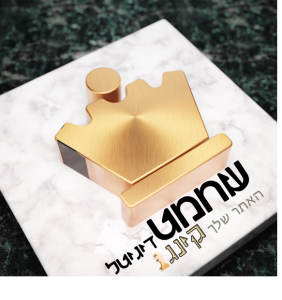Mishpatim- on bribery and corrupion and Tzadikim
Mishpatim- on bribery and corrupion and tzadikim
“You shall not take a bribe, for the bribe will blind those who can see and will pervert the words of the righteous (Divrei Tzadikim).” (Exodus 23:8)
In Parshat Shoftim, we again encounter the Torah’s emphatic injunction against taking bribes. Deuteronomy 16:19 states: “Lo ta’teh mish’pat, lo tahkeer paneem, v’lo teekach sho’chad, kee ha’sho’chad ya’ahvayr aynay chachamim, vee’sah’layf divrei tzadikim” “You shall not pervert judgment, you shall not respect anyone’s status, and you shall not accept a bribe, for the bribe will blind the eyes of the wise and pervert the words of the righteous.”
Rashi translates: “Divrei Tzadikim“: Words that are righteous; judgments of truth.”
Rashi does not translate Divrei Tzadikim as “the words of righteous men” but as “the words of righteous things” Why does Rashi reject translation of Divrei Tzadikim as “the words of righteous men “?
Rashi cannot reconcile judges who take bribes as being described as “righteous people.” It is a contradiction in terms! Therefore, explains Rashi it is the words — not the judges –that are righteous, coming as they do, from the Torah.
I have heard an alternative explanation which would render the translation of Divrei Tzadikim as “The words of righteous men”. If that is the translation we may we ask whether the judges who take bribes can be designated as righteous. Indeed, the righteous do not take bribes, but in the courts of the righteous are Pikchim –” those who can see” such as advisors and assistants and it is the latter who are “open eyed ” and can be bribed and it is they who pervert the words of the righteous (Divrei Tzadikim).

 שחמט דיגיטל
שחמט דיגיטל